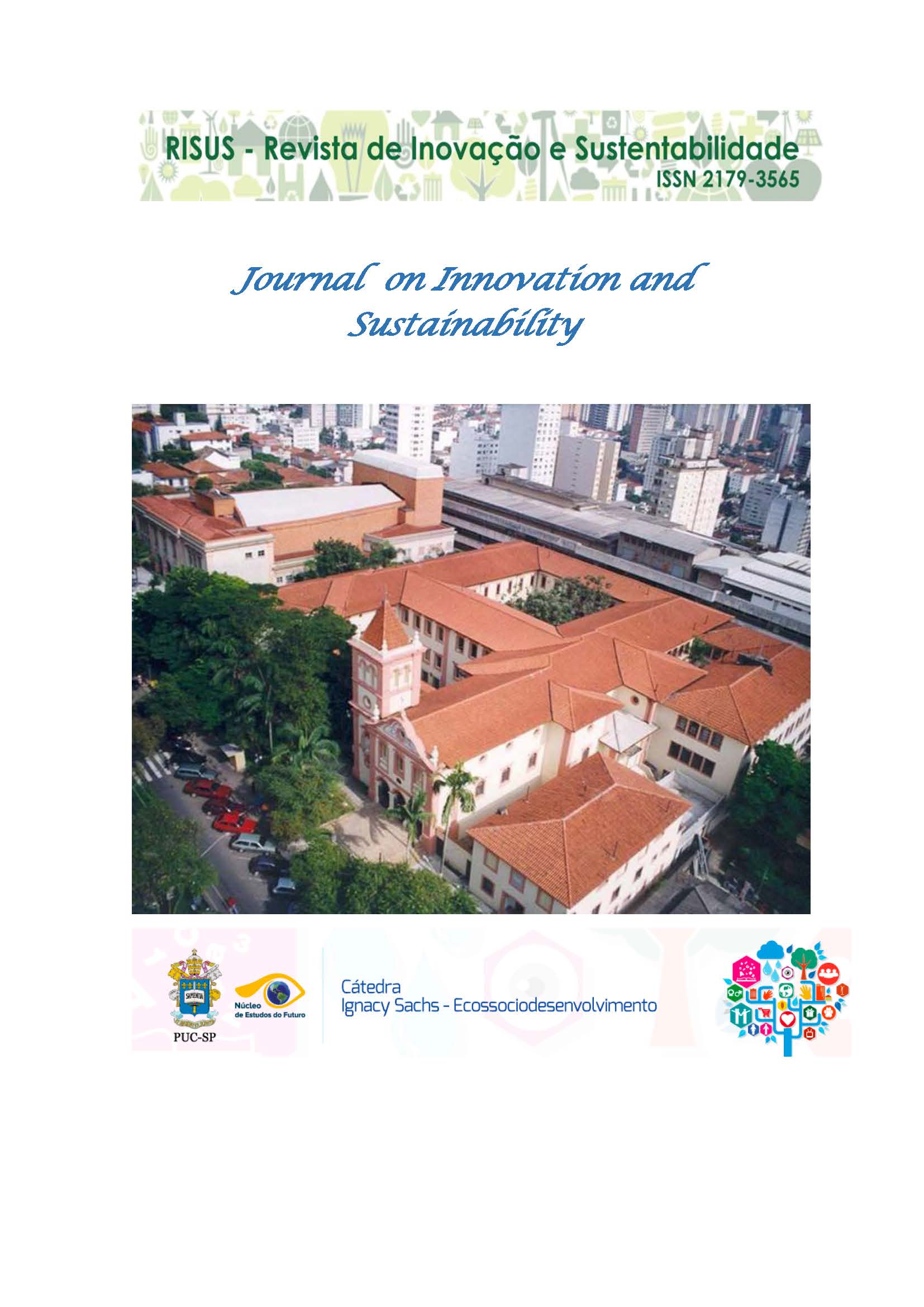The subtle nature of innovation – Heidegger, Moreno and Henry, a phenomenological perspective
DOI:
https://doi.org/10.23925/2179-3565.2023v15i1p107-122Keywords:
open innovation, open science, regenerative principles, phenomenological management, impactful technologyAbstract
The research aim is to explore the limits, frailties and vulnerabilities of the concept of well-being from a phenomenological perspective, under the argument that, from that groundwork, powerful, effective and impactful results may emerge. This consists in explorations into the subtle nature of innovation. The procedures applied, within the setting of phenomenological investigations and of hands-on-based work, include the disclosure of real-life examples, illustrations and influential initiatives that capture work-in-progress in contemporary societies. The conclusions wrap-up the insights from Heidegger, Moreno and Henry into the foundational basis of innovation, understood as an open, public, collective, dialogical and, inherently, disruptive process, which is (already), unavoidably, present in regenerative, ecological, socio-political, and local and global business economics research.
References
ARENDT, H. 1994. Hannah Arendt: critical essays. Suny Press.
BAKHTIN, M. M. 1994. The Bakhtin reader: selected writings of Bakhtin, Medvedev, and Voloshinov.
BELO, F. 2016. Como pensam os chineses sem alfabeto?: 2. ª parte–A diferença dos pensamentos. Philosophica: International Journal for the History of Philosophy, 24(47), 157-170.
CHESBROUGH, H., VANHAVERBEKE, W., & WEST, J. (Eds.). 2014. New frontiers in open innovation. Oup Oxford.
CORTINA, A. 2017. Aporofobia, el rechazo al pobre. Ediciones Paidós.
DUARTE, R., NOBRE, Â. L., PIMENTEL, F., & JACQUINET, M. 2021. Broader terms curriculum mapping: Using natural language processing and visual-supported communication to create representative program planning experiences. arXiv preprint arXiv:2102.04811.
FERNÁNDEZ, A. M. 2018. Teatro playback: histórias que nos conectan. España: Octaedro.
Foucault, M. 1984. The Foucault Reader. Vintage.
GIL, F. 1996. Tratado da Evidência. Imprensa Nacional, Lisboa.
GRAMSCI, A. (1999). Antonio Gramsci. ElecBook, the Electric Book Company.
HAN, B. C. 2018. Psicopolítica: o neoliberalismo e as novas técnicas de poder. Belo Horizonte: Editora Âyiné.
HEIDEGGER, M. 1967. Sein und Zeit. Auflage. Niemeyer, Tübingen.
HENRIQUES, F. 2001. María Zambrano e as metáforas do coração. Aavv, Poiética do Mundo. Lisboa: Colibri, 621.
Henry, M. 1963. L’Essence de la manifestation. PUF, Epiméthée.
Henry, M. 1987. La barbarie. Éd. Grasset.
HUSSERL, E. 1999. The essential Husserl: Basic writings in transcendental phenomenology. Indiana University Press.
KLINE, S. J., & ROSENBERG, N. 2010. An overview of innovation. Studies on science and the innovation process: Selected works of Nathan Rosenberg, 173-203.
moreno, j. l. 1951. Sociometry, Experimental Method and the Science of Society: An Approach to a New Political Orientation. Beacon House.
NIETZSCHE, F. 2003. A Nietzsche reader. Penguin UK.
PEIRCE, C. S. 1997. Pragmatism as a principle and method of right thinking: The 1903 Harvard lectures on pragmatism. Suny Press.
PÉREZ-TRONCOSO, L. 2022. En Exceso de Futuro. Círculo Rojo.
SARTRE, J. P. 2021. O ser e o nada. Leya.
SEYLER, F. 2016. Michel Henry. Stanford Encyclopaedia of Philosophy.
TOURRAINE, A. 1997. Pourrons-nous vivre ensemble. Egaux et différents.
WITTGENSTEIN, L., & WAISMANN, F. 1979. Wittgenstein and the Vienna Circle. B. Blackwell.
ZIMMERMAN, M. E. 1995. The threat of ecofascism. Social theory and Practice, 21(2), 207-238.

Downloads
Published
Issue
Section
License
This Journal is licensed under a Creative Commons Attribution-Non Commercial-No Derivers 4.0 International license.
1.The author (s) authorize the publication of the article in the journal;
2.The author (s) warrant that the contribution is original and unpublished and is not in the process of being evaluated in other journal (s);
3. The journal is not responsible for the opinions, ideas and concepts emitted in the texts, as they are the sole responsibility of its author (s);
4. The editors are entitled to make textual adjustments and to adapt the articles to the standards of publication.

